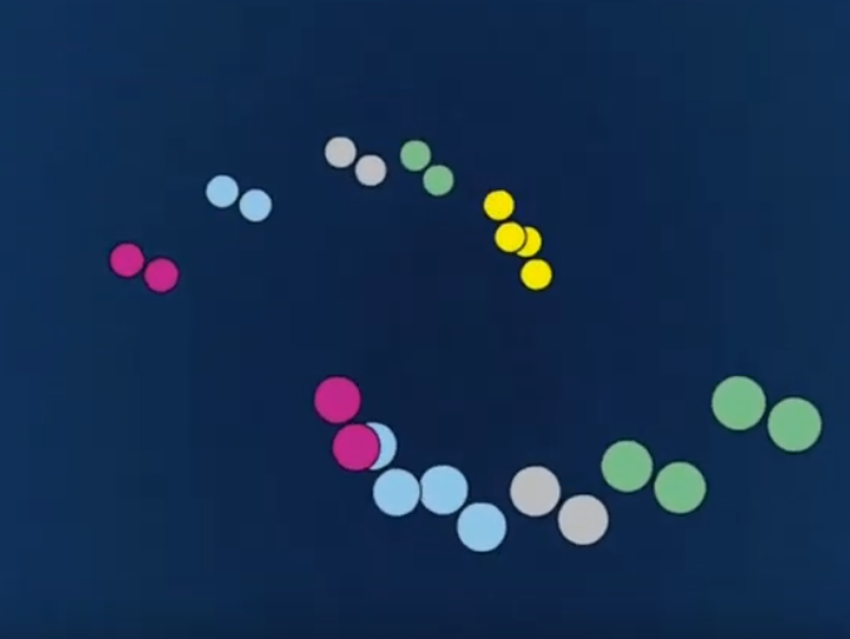François Diederich, ETH Zurich, Switzerland, has been on the Editorial Board of Angewandte Chemie for 19 years, and was its Chairman for the last 10 years. As his term of office comes to an end, he reflects on the peer-review system in his last Editorial in Angewandte Chemie.
Diederich asks whether the current peer-review system is sustainable given the ever-increasing scale of research. As the number of publications has risen, so has the number of referee requests. Once a scientist has a reputation for providing fair assessments, they are increasingly asked to referee manuscripts, which must be fitted around other duties, such as research and teaching. Overloading referees not only with manuscripts but also research grant applications and university evaluations can result in a reduction in the quality of reports.
Diederich offers some suggestions for improving the peer-review system. For journal editors, maintaining large up-to-date databases of reviewers and identifying younger researchers is important, as well as not requesting too many referee reports and sharing reports with other journals to avoid multiple reviews of rejected manuscripts that are submitted elsewhere. Universities should question whether they need external advisors for some activities, scientific academies can use their own expertise when electing new members, and authors can help by submitting well-written manuscripts to journals that are appropriate, both in terms of subject and level, for the paper.
- Are We Refereeing Ourselves to Death? The Peer-Review System at Its Limit,
François Diederich,
Angew. Chem. Int. Ed. 2013.
DOI: 10.1002/anie.201308804




